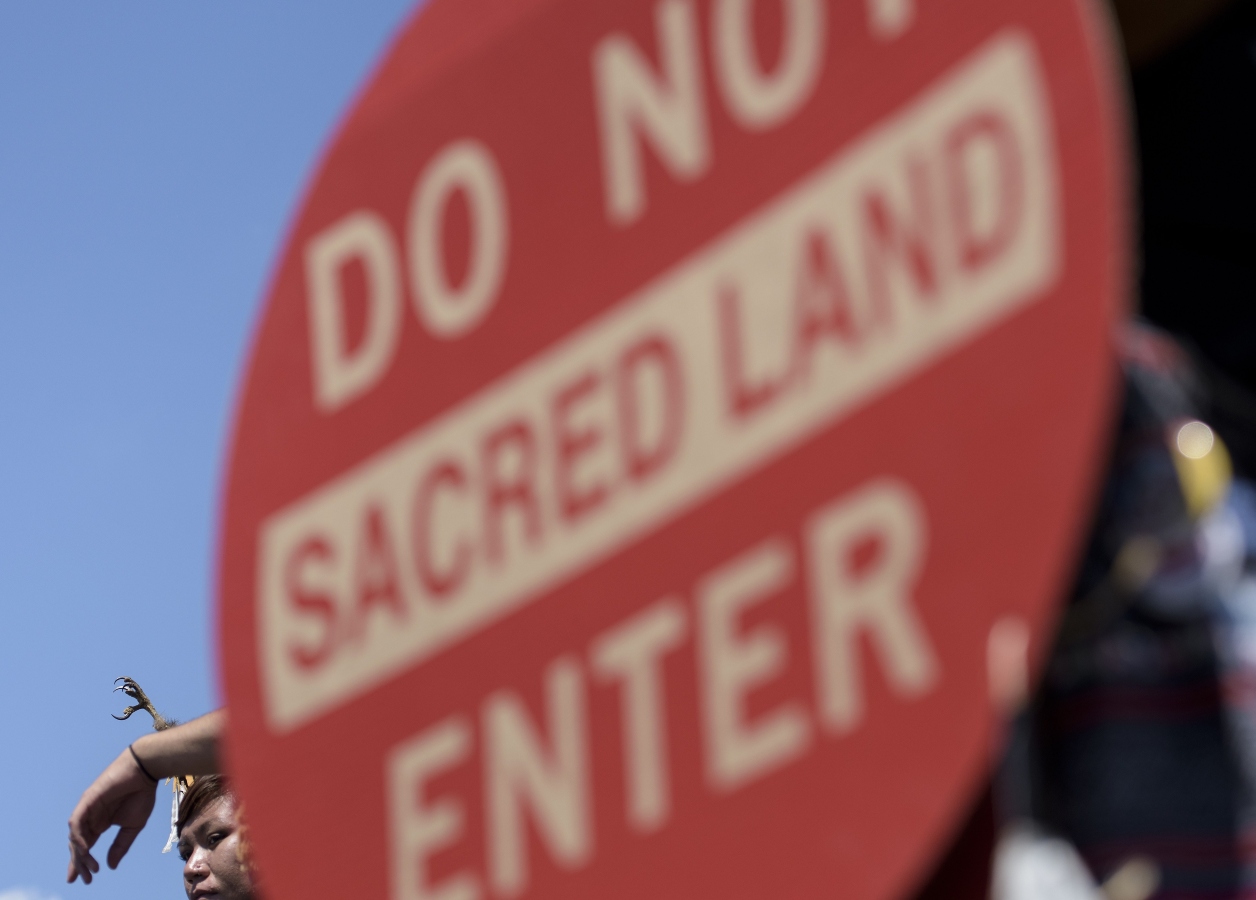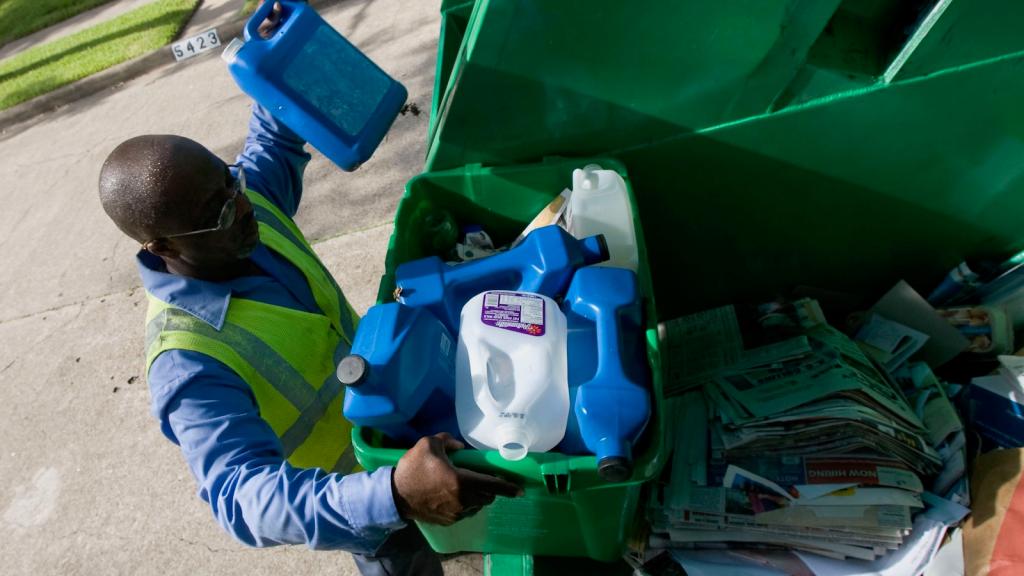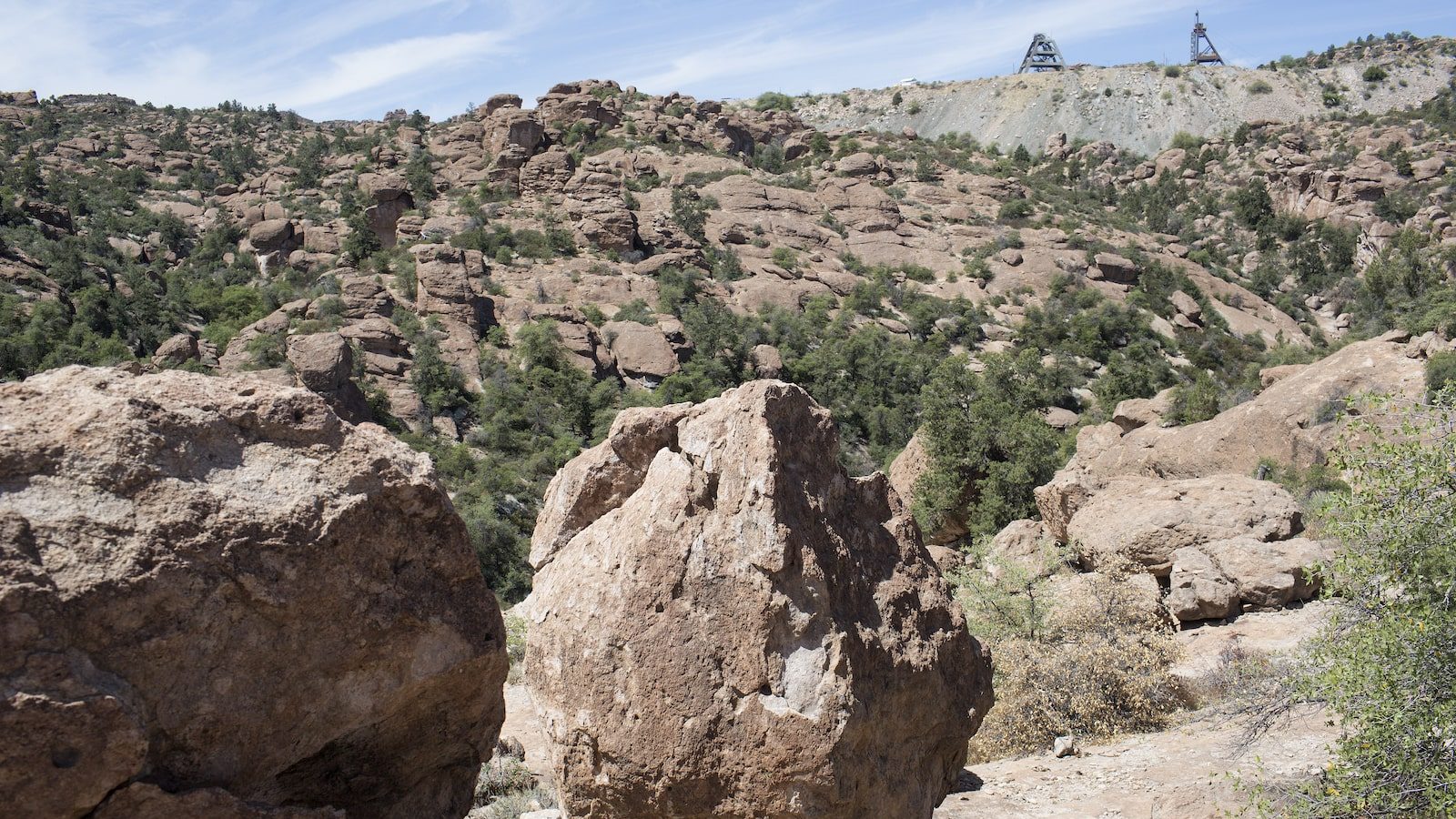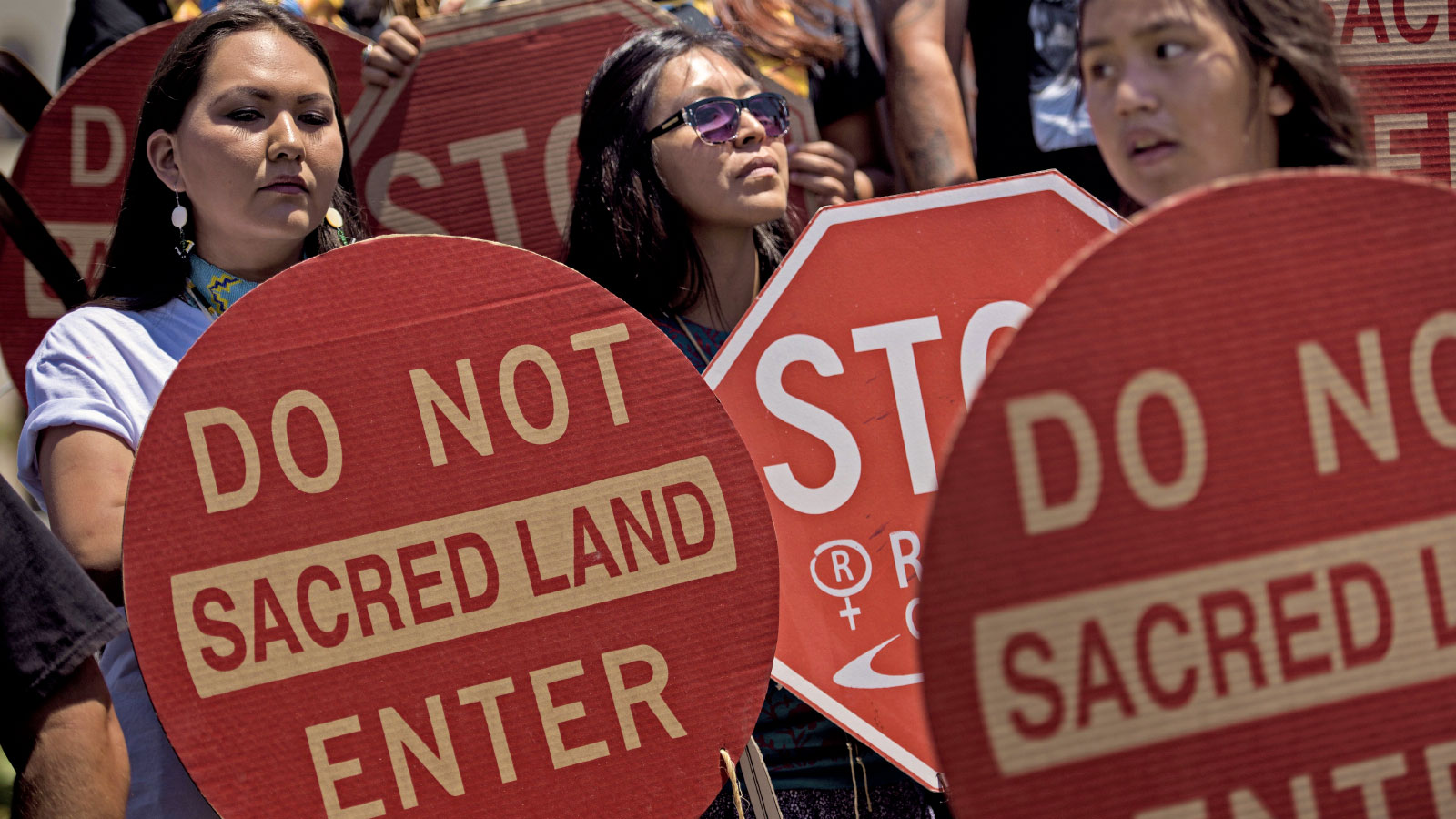The Biden administration has put a pause on plans to erect a copper mine in Arizona on land known as Oak Flat, a site sacred to the San Carlos Apache and other Indigenous nations in the area.
The U.S. Forest Service has told a federal court it is not sure when an environmental impact statement could be approved, an action which would set off the land swap allowing Resolution Copper, a British-Australian company owned by Rio Tinto and BHP, to continue with the development of the mine. The statement had been promised for this spring, but the agency now doesn’t have a set timeline.
The Biden Administration and the Forest Service will be using this time to further consult with the San Carlos Apache and other tribes that have voiced opposition to the project.
Located about 40 miles from Phoenix, Oak Flat sits atop the third-largest deposit of copper ore in the world. The mine could produce up to 40 billion pounds of copper over 40 years and provide 1,500 jobs and millions in tax revenue and compensation.
For nearly a decade, tribal leaders in Arizona have fought to save Oak Flat and keep the ceremonial grounds free from mining projects and other disturbances. Local Indigenous peoples and religious organizations have filed briefs in support of The Apache Stronghold, a coalition of Apaches and their allies.
Their argument: The mining industry is infringing upon the religious freedoms of Indigenous peoples in the area who look to Oak Flat, or Chi’chil Bildagoteel, as holy land.
The initial 2014 federal legislation that would have transferred Oak Flat from the Tonto National Forest to Resolution Copper stipulated that 60 days after the environmental impact statement was completed, the land swap would occur no matter what the statement results indicated.

In 2022, the Forest Service asked the Bureau of Land Management to review the environmental impact statement. Suggestions from the BLM included incorporating more robust information about the effects the mine would have on groundwater, and the stabilization of the tailings dam in Skunk Camp, a river located southeast of the mine.
According to E&E news, Joan Pepin, a Department of Justice attorney representing the Forest Service, wrote in a letter last week to the 9th Circuit Court of Appeals that the agency is conducting a “thorough review of the consultation record, and environmental and other associated documents, to ensure compliance with the applicable laws, regulations and policies.”
Ismail Royer, a director at the Religious Freedom Institute, an organization that stands with the Apache Stronghold, said the Biden administration needs to officially stop the land transfer and respect the religious freedoms of Indigenous peoples.
“Our concern is that they continue to stand by some very wrong interpretations of the Religious Freedom Restoration Act and the First Amendment, which do not fully acknowledge the right of people to practice their religion and they do not fully acknowledge the harm to the religious rights of the Apache tribe,” he said.
Oak Flat has been used as a religious site to connect Indigenous peoples to their faith, families, and the natural world since before colonization and European contact. Royer said he believes the current administration needs to not only stop the mining project for good, but acknowledge the violation of human rights he and the Apache Stronghold say occurred.
“We would like to see a formal acknowledgement and repudiation of their constricted understanding of human rights, which is implicated here,” Royer said. “There’s billions of dollars involved here, and the last thing that any of these people care about are the human rights of the Native American people.”




